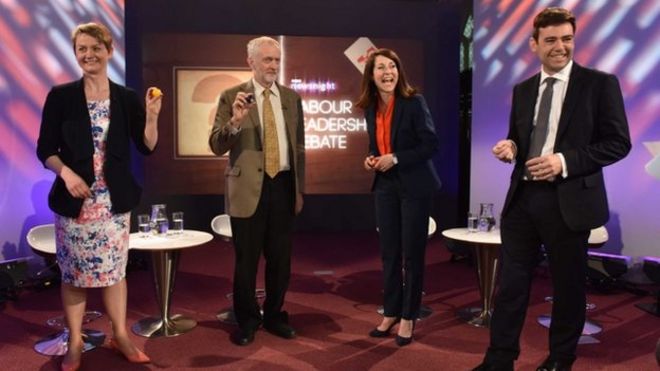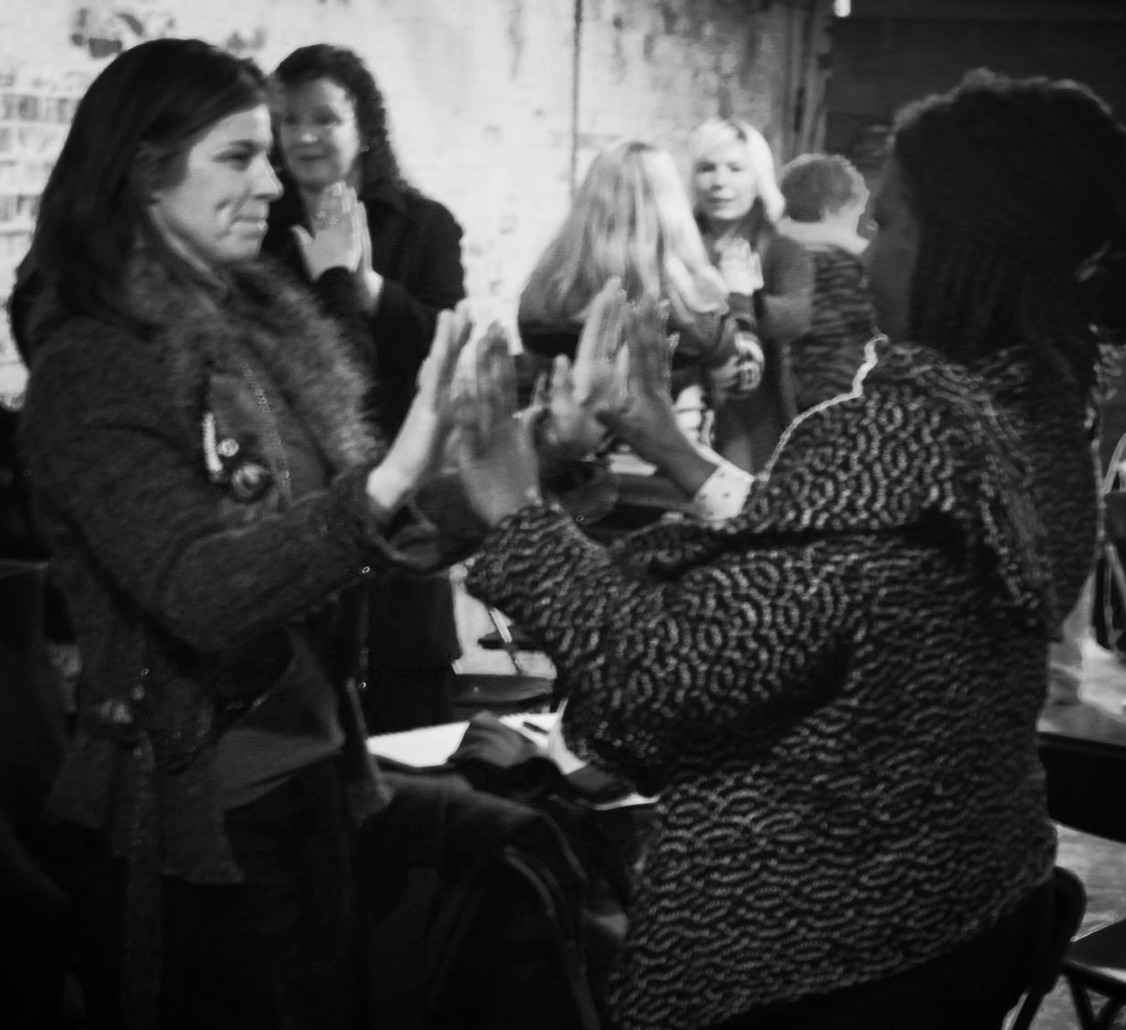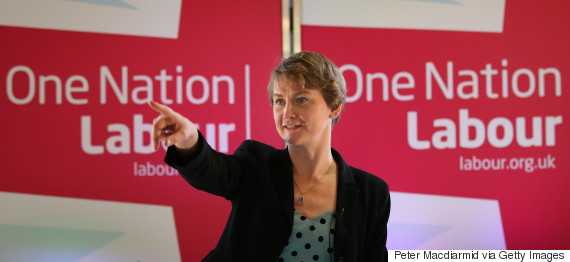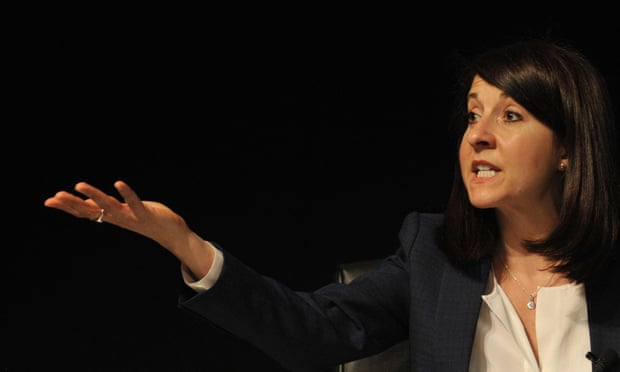A leaked poll is claiming a 20 point lead for Jeremy Corbyn in the current contest for a new Labour Party leader. This is obviously great fodder for the full spectrum of news media and the blogosphere, as it is exciting to love/hate an underdog - especially one who so unashamedly sticks their political colours to the mast. It seems that centrist one-size-fits everyone policy-making, popular for the last 20 years, does not now energise, um, everyone.
 |
| Picture: BBC |
This is not the place for me to spout my personal polemics, but the only one of the four leaders that I have had any dealings with myself is Corbyn. In the mid 2000s, I sat on the advisory board of a theatre education company based in Islington for a couple of years - and as the organisation started to grow, we needed to leverage more influence and funding through a couple of key patrons. We wrote to Jeremy Corbyn, as the local MP and a known champion of community arts programmes, to see if he would be interested. He replied quickly with a personal and lengthy reply, explaining that as well as his parliamentary work, he was currently patron, trustee or chair of over 15 organisations and that he would be unable to give the time, energy or day-to-day support that a group should expect from its patron. He took time to commend the work, but declined to get involved at that time. Others may not have shown the same integrity or high expectation of what a role like that should look like, even if it was largely ceremonial.
But what I am interested in here, is in how the aspiring leaders have all positioned their own character and behaviours, and whether there are already clues about how effective a leader they would be.
In the late 1990s, a business consultant called Jim Collins was getting perplexed at how many of the big US corporations were wasting enormous amounts of time, energy and money fixing internal problems. It was more common than it wasn’t to be continually undoing poor decisions, fighting disgruntled employees in court, backing wasteful and failed projects etc. There were lots of theories as to why that was: problems with systems and processes perhaps, changing attitudes of the workforce and labour market, maybe too much state interference with corporate markets. Collins, instead, had a hunch that problems were caused by the people at the top, and that it wasn’t workflows, systems or employee rights that were sinking a happy ship - but the clear failures of leaders to behave like leaders. And more importantly, there were some companies - with the same processes, the same labour market and the same laws - that were thriving, and considered very good place to work.
Collins was a mathematician before working in business, so he assembled a group of statisticians and psychologists to work in laboratory. He wanted to use science to work out why some leaders failed and others succeeded, and further still - why a select few were completely transformational and were able to sustain excellence in both culture and productivity.
What I think it is relevant to the Labour leadership contest is Collins’ concept of ‘Level 5 Leadership’. In it’s purest form, and based on years of research, Collins argues that truly exceptional leadership comes from the balance of two behaviours: will and humility.
Professional will is the visible and overwhelming need to make a difference, to make things better, to get things done. It is the combination of purpose, clarity, resolve and confidence that drives through innovation and renewal and brings people along for the journey. It doesn’t matter what the goal is, but every single behaviour says: we’ll get there.
Personal humility is to ensure that, in every day you succeed, that every single member of the team gets to take the credit for work they have contributed to. The leader who seeks glory can, at best, be an average leader. The leader who shares glory has the potential to be outstanding. Yet, when things get rough and when things fail, a Level 5 Leader will not hesitate to shoulder all of the responsibility and will not hesitate to face the problem head-on, fix it, learn from it, share that learning.
These behaviours are really hard to live-out all the time. They are partly innate, but they can be learned and conditioned and tested and developed. Self-awareness and listening to the right critical friends is absolutely key.
So what about charisma? Or experience? What about the great speakers and orators, or those that reach out to all people? Well, these can help, but without the over-riding forces of will and humility, these characteristics don’t make GREAT leaders.
What have the Labour candidates shown us so far? What should we be looking for?
Quick summaries on my thoughts below, but the next month of hustings and campaign videos may shift to make grander statements about each candidate's vision for a new political landscape. What I want to know is, how would they behave if given a shot at power?
Andy was hot favourite to win prior to the unlikely Corbyn surge, and has been pushed into a centre-ground position from which to argue his case - a good or bad thing depending on who you listen to.
Will?
Burnham’s campaign seems to have been quite easily derailed by the appearance or behaviours of others, despite being seen as a strong and steady pair of hands at the start. The legacy of Mid-Staffordshire NHS Trust’s fatal flaws supposedly under his watch as Health Secretary is still a pervasive narrative that he has not been able to overcome with his new vision for healthcare - however his opposition to the Conservative recent health policies have been consistent.
His recent indecision over the welfare bill - seeming to swerve from one defiant viewpoint to another - has been particularly damaging to the communication of his own professional will. He has not yet recaptured the momentum from Jeremy Corbyn in terms of the appeal to Labour’s ‘core values’, but this could change before the vote.
Humility?
Andy Burnham famously signed off a letter to Prince Charles, ‘Your Royal Highness’s most humble and obedient servant’ - but this is not the sort of humility that labour party members are seeking in their new leader. If he is saying ‘sorry’, or ‘we got it wrong' it is about a team he was a part of, so will he do differently in the future?
Yvette Cooper
A respected figure in the centre ground, but having to work hard to shed both Brownite and Blairite labels and a role in Ed Miliband's largely unsuccessful shadow cabinet.
Will?
Flashes of Cooper's fierceness have come through in her recent statements about David Cameron's 'incendiary' language on immigrants. Yet, her leadership campaign has probably been the quietest in terms of column inches. When evaluating professional will, it is hard to know exactly on what grounds she is fighting for change. You get the sense that her political values are strong, but not so much what they are.
It is no doubt that she has used her commitments as a mother of three to enhance and reframe traditional patriarchal expectations of senior ministers, and her political career and experience shows no lack of drive or adaptability.
Humility?
Cooper has said she is inspired by ‘quiet passion’ like that of former Labour leader, the late John Smith. It is fair to say that she doesn’t emit the sense of entitlement of other frontline politicians, perhaps even her husband, but she is considered to be part of some failed decisions that are difficult from which to distance herself.
Jeremy Corbyn
An unabashed socialist in its purest form, the oldest candidate in the race by quite some distance and the one most distanced from the political gamesmanship of frontbench politics.
Will?
Corbyn is a reluctant statesman, and prefers the tools of reasoned debate to that of pithy, fierce soundbites. His political steadfastness does indicate professional will, as does his philosophy of changing by doing and of life-long activism. Whether he has the power to win the argument is yet to be seen.
Humility?
Corbyn is almost humility in politics personified; claiming the fewest expenses, with the lowest carbon footprint, a lifelong and pacifist campaigner for the justice of others who declared that his leadership campaign would be very clear of any personal attacks on rivals. But does Jeremy Corbyn’s ‘otherness’ to the market-driven top-down framework that pervades western democracy mean that he will always fail to understand it, let alone change it?
Some say she’s a Tory in a red riding hood, some say she’s the woodsman come to save Grandma from the jaws of a Marxist, bearded wolf.
Will?
Kendall, whilst appealing to one philosophy within the party, has walked a difficult line for the majority of grassroots supporters to stomach; this is not an easy thing to do. She is being consistent and direct in her message, but unlike the other candidates she has no public track-record - this is 0-60 in a couple of seconds, forcing people to make a snap judgement on her and then stick with it. From a policy perspective, there is little to distinguish her approach from that of the moderate Tories, which makes it hard to grasp what makes her distinctive or, even, worth supporting.
Humility?
Kendall has been unashamed in dishing out the blame. Untainted by association with any previous administrations, Liz Kendall is free to set her stall out however she likes. She blames Ed Miliband; the trade unions; UKIP; Labour party policy, vision and values. She harks back to a time before her when neoliberalism was winning elections - but whatever happens, it’s nothing to do with her, guv.
---
We support education providers, creative organisations and charities with organisational development, policy, leadership & resilience. Please visit alwayspossible.co.uk to see how we can support you.
 I have been working closely to develop the Talent Match youth enterprise programme delivery with Dv8 Sussex and Prince's Trust - including leading an intensive day workshop on coaching skills for some leading creative entrepreneurs from across Sussex.
I have been working closely to develop the Talent Match youth enterprise programme delivery with Dv8 Sussex and Prince's Trust - including leading an intensive day workshop on coaching skills for some leading creative entrepreneurs from across Sussex.







